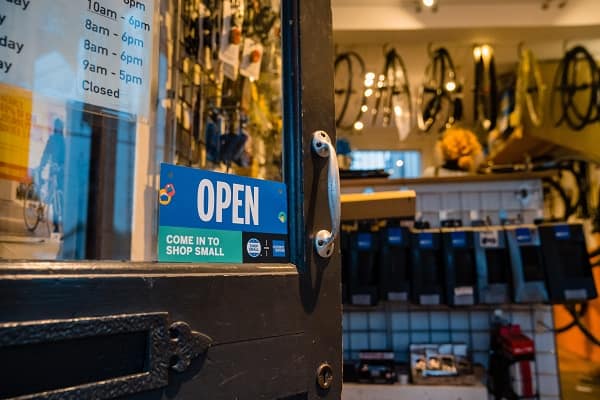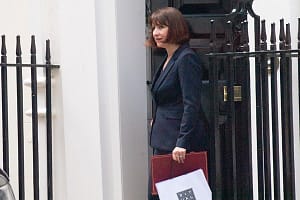Responding to the news that the consumer prices index rose 10.1%, the highest since records began in 1997, and producer price inflation rose 22.6% in the 12 months to July.
Federation of Small Businesses (FSB) National Chair Martin McTague said,“We’re seeing a toxic cocktail of rampant inflation, high taxes, soaring energy costs and shrinking economic growth. Action is needed right now.
“While the consumer prices rate of inflation bursting through 10% is eye-watering, producer input prices are up by more than double that figure and this will filter through, pushing up the cost of living even more.
“The cost of living crisis can’t be solved without addressing the cost of doing business crisis.
“That’s why we need to see a reversal of the hike in National Insurance, a cut in VAT and fuel duty, and help for struggling small firms on energy bills to match that being given to households.
“The rise in food and non-alcoholic drink prices contributed strongly to the growth in the consumer inflation rate, hitting across the board – we all need to eat.
“Hospitality businesses are also feeling the pinch – from the B&B owner who now has to pay 50p per slice of bacon to the bar which has seen prices for mixers and soft drinks spiral.
“While small businesses do their absolute best to offer good value to customers, they will be squeezed to the margins as consumers’ disposable spending falls.”
FSB research sets out the effect the current economic climate is having on small businesses, with more small firms reporting a decline in revenues in Q2 than an increase (40.7% against 34.8%). Expectations for any betterment in performance in Q3 are similarly subdued, with those predicting a fall in revenue (35.8%) outnumbering those who predict an increase (32.4%)”.
Rowena Howie, FSB London Policy Chair said, “The London Small Business Index for Q2 has gone into reverse gear over the last quarter, and it is evident that external factors are playing a big part in this negative sentiment. The cost of doing business in London is increasing from all angles. From the costs of materials to the price of filling up the tank to paying sky high energy bills – and this is before we even factor in the cost of commercial space and employment tax rises.
“Firms desperately need help with the charges that hit them regardless of profitability: business rates, national insurance, utilities, fuel and those linked to supply chain disruption.
“At this time of economic and political upheaval we are looking to prime ministerial candidates for unequivocally pro-business, pro-growth commitments. There is still time to act, but time is of the essence.”
Martin McTague added, “Reports from members of four- or five-fold – or even higher – increases in their energy bills are coming in thick and fast, with relief on this front also desperately needed.
“The new figures small firms are being quoted for energy costs would be laughable if their potential effect on the business were not so serious – these are huge, unmanageable sums for businesses whose margins have been battered and whose reserves have been depleted by the disruption to trading caused by the pandemic.
“With so many small business on the brink as inflation runs ahead of their ability to keep up, the time is now for the Government to act to prevent the loss of even more businesses.”




Leave a Comment